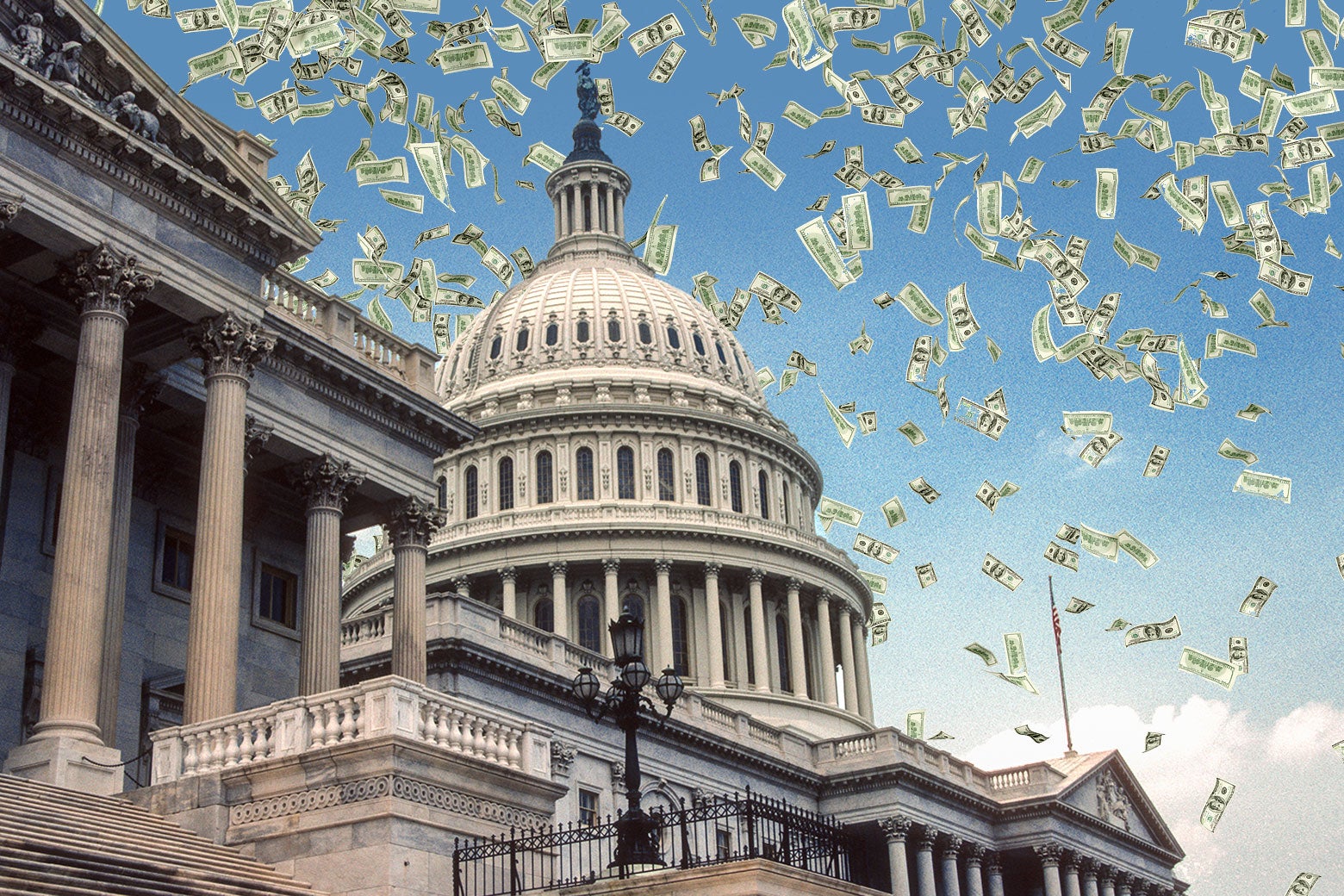
"In Washington, the same ritual repeats. The president claims a mandate. Congressional leaders nod. A sweeping ideologically loaded piece of legislation is introduced. Critics warn of catastrophic consequences."
"The One Big Beautiful Bill Act, passed by the Senate on July 1, is a multitrillion-dollar attempt to remake federal tax, welfare, and immigration policy."
"Republican lawmakers marketed the bill as a kind of national repair, promising fiscal sanity, public order, and patriotic responsibility."
"What passed on July 1 was not the expression of majority will. It was a collision of institutional power, donor influence, and a governing party."
The One Big Beautiful Bill Act, recently passed by the Senate, aims to revamp federal tax, welfare, and immigration policies. Pitched as a necessary response to the economy and border issues, the bill is presented as fulfilling a mandate, although preelection polling indicates public priorities differ. While politicians claim it represents the people's will, extensive evidence suggests it does not. Large segments of the population prioritize the economy and healthcare over the extensive legislative modifications proposed, indicating a gap between public opinion and legislative action driven by party influence.
Read at Slate Magazine
Unable to calculate read time
Collection
[
|
...
]